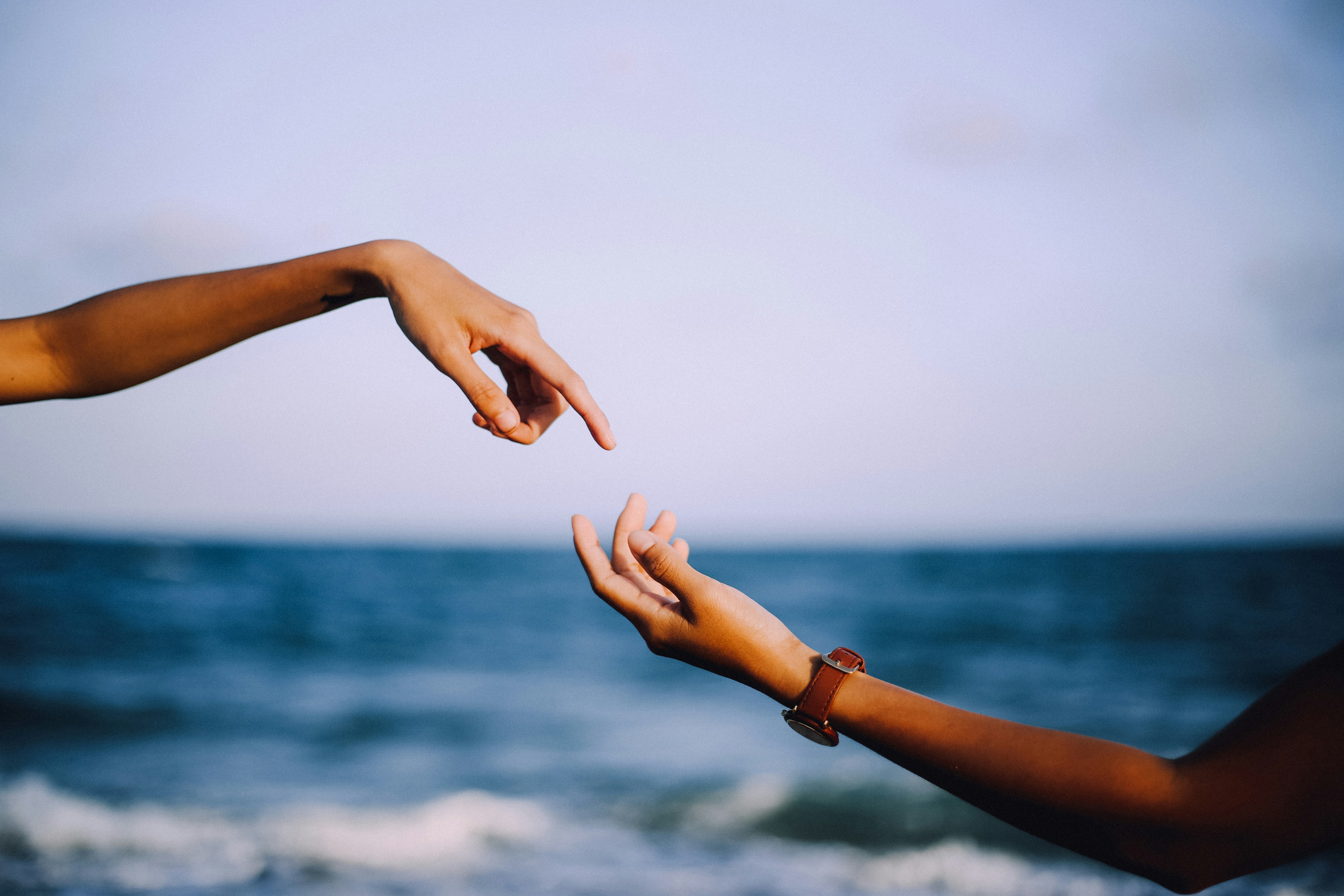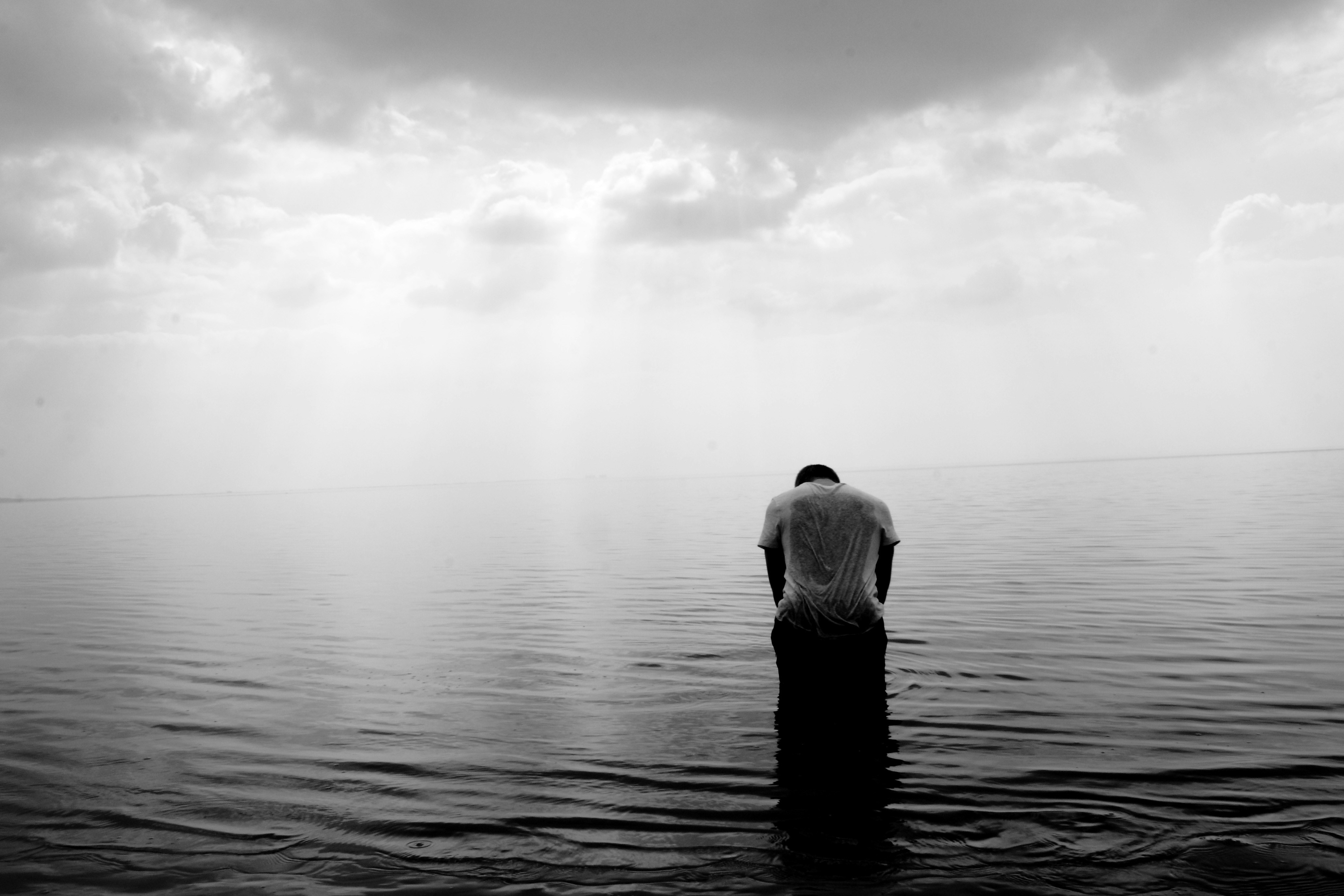We are entering the second month of a new year. It has been about a full year since our lives changed because of the pandemic. Some of us have lost a loved one or maybe multiple ones, lost jobs or businesses, had big invitation plans shattered: wedding, big year birthday, births or anniversary celebrations.
I believe the grief we feel in these losses feels like it is grief on steroids. There is no escaping this pain, regardless of how we want to gloss over it. Every store we stroll in with masks on and around us reminds us of these ‘not normal’ times. Ambling from our kitchen to another room in the house instead of commuting and walking into the office pushes us into the reality of an untypical-now-typical workday.
Nevertheless, we’ve adjusted. We’ve adapted. We’ve survived. As much as we want to ‘wait’ until vaccinated to start living again, or going back to our regularly scheduled programs, we can begin healing and doing some of the hard work now of addressing our sadness and our grief. We have all lost something. It may not be on the scale of death, but we have been shaken. Limiting our hugs and handshakes and avoiding gatherings. For social beings who are wired for connection, it is sad. “Sadness does not mean something is broken that needs to be fixed. It means something important to you has been lost and you have to identify what it is.” We are grieving lostness.
We are creatures who learned very quickly to avoid physical pain at all costs—automatic response to a hand placed on a hot stove. Psychological pain, however, cannot be addressed by running or hiding from its presence. This certainly does not mean we do not try. Avoiding the sweet memories of a loved one, burning pictures of an ex, distracting ourselves into work and perfectionism, and thinking of anything else to unchain us from the fiery pain and gut-punching sadness. Unfortunately, avoidance does not make sadness less of a problem; it makes it more of a problem because you must keep working harder and harder to suppress it. Bottled emotions are not neutral—they go somewhere. “When you sweep an emotion under the rug, you sweep it into the nervous system.” It must go somewhere.
Instead of running from your sadness and pain, I want to encourage you to let it guide you into vulnerability. “We care where we hurt—and we hurt where we care. The gift of pain is a message about what is important in life. Looking inside the pain expands us, encouraging us to become larger than we are and to live a life of meaning. To open your heart to pain is to open your heart to joy.”
How to deal with the Pain of Loss (Adapted):
- Acknowledge loss. Before any healing can happen, there must be acknowledgement that there is a wound that needs healing.
- Embrace feelings of loss. As much as we want out of the pain, numbing ourselves from pain numbs our entire existence.
- Prepare to be overwhelmed. Emotions can run high and then crash. As frustrating as these surging emotional waves can be, they cannot hurt you. Measure progress and working through grief in days and weeks, not a single hour, trigger, or a day.
- Watch out for unhelpful thoughts. Recognize that they are there without letting them take control over your actions.
- Commit to action. Identify your goals and values. Reach out and connect with others, volunteer your time. Seek out a trusted therapist who can help you acknowledge your sadness, work through your pain and grief and help you to treat yourself with kindness and compassion.



